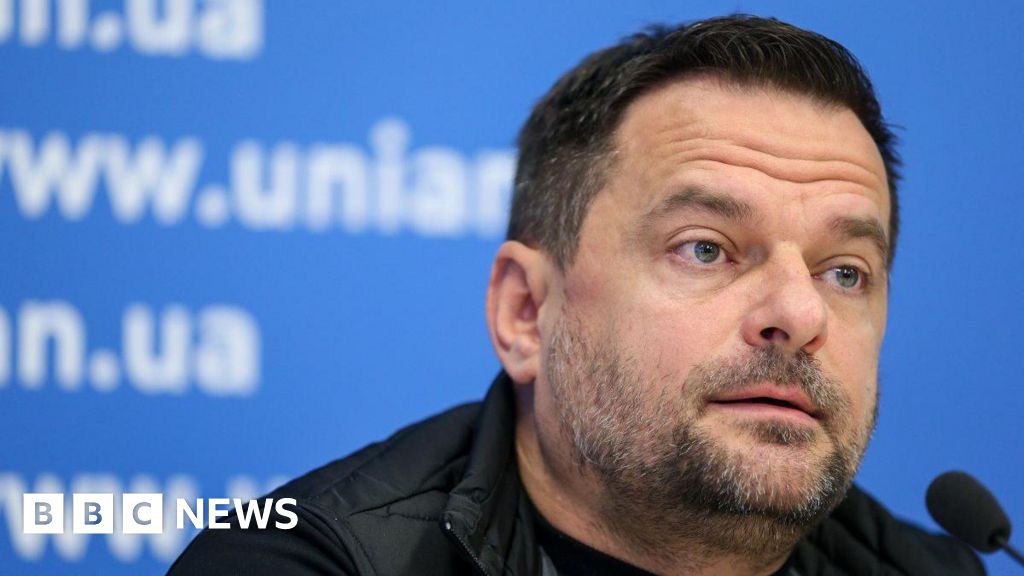Estonia's Tartu airport is very small. The flight by Finnish airline Finnair from Helsinki is the only one that lands there every day. But for the residents of the Estonian city, home of the Baltic Defence College, one of NATO's educational institutions, this 45-minute flight opened up an opportunity to travel the world via the Finnish capital.
Mysterious Russian jammers?
This opportunity is no longer there — at least not until May 31. At the end of April, Finnair announced that it would be suspending its flights to Tartu until further notice due to the threats for its passengers and crews arising from the loss of the GPS navigation system signal.
It isn't the first time that the carrier's planes have lost a GPS signal, but the situation has grown worse since 2022, Finnair said in a statement. It didn't specify where the interference might have come from, but the foreign ministers of Lithuania and Estonia were quite sure of the reason: They said that the disruption of GPS over the whole Baltic region was the result of jamming by Russia.
In March, the UK government also accused Moscow of jamming the GPS of the plane carrying British secretary of defense, Grant Shapps, on his work trip to Warsaw. His plane flew briefly along the border of the Kaliningrad region, a Russian exclave surrounded by Poland and Lithuania.
Over the past two years, almost all airlines flying over the Baltic region have experienced navigation problems. Some sources indicated that the GPS-jammers were located in the Kaliningrad region, while others suggested that they were somewhere on Russian territory between the Estonian border city of Narva and Saint Petersburg. Finnair is the only airline so far to have canceled a flight due to problems with GPS.
'Threat from the East'
"In Finland, this development is perceived as part of a hybrid war that Russia has been waging against NATO countries for quite a few years now," Arkady Moshes, director of Russia programs at the Finnish Institute of International Affairs, told DW. "Both politicians and citizens here look at the threat from the East as a given. They don't dramatize it, but they don't minimize it either," he added.
According to Moshes, the Finnish government, at least for now, is unlikely to take any retaliatory measures, especially since it is not entirely clear what these measures could be. At the same time, he said, Helsinki will be ready to take unilateral steps as the situation requires: "Remember how Finland simply closed the border with Russia when the Russian authorities began to bring illegal migrants specifically to push them across the frontier?"
Finnish politicians have long since concluded that there is no use negotiating with the Kremlin given the current circumstances, the expert pointed out: "You just need to protect your interests, firmly and resolutely."
The GPS navigation jamming occurs against the backdrop of other significant regional developments pertaining to Russia's war in Ukraine: Poland is considering whether to host US nuclear weapons on its territory while Lithuania welcomed the first group of German soldiers deployed as part of a German brigadethat will be permanently stationed on NATO's eastern flank.
 Estonia's Tartu Airport is trying to put a non-GPS-dependent navigation system in place after repeated jammingImage: Margus Ansu/Scanpix/IMAGO
Estonia's Tartu Airport is trying to put a non-GPS-dependent navigation system in place after repeated jammingImage: Margus Ansu/Scanpix/IMAGOGPS navigation jamming: Will NATO respond?
Many in the Baltic region are now asking whether NATO will respond to the GPS jamming.
"It can, but it won't," said Slawomir Debski, who chairs the Polish Institute of International Affairs. Russia is deliberately provoking the alliance, "probing its possible reaction, trying to understand how NATO will act in a situation of a major regional crisis," the expert added.
Vaidotas Malinionis, a retired colonel of the Lithuanian army and head of the Association of Senior Officers of Lithuania, believes that "to initiate such a response we shall need the consent of all NATO allies. And in the case of such an elusive hybrid provocation as GPS jamming, it will be extremely difficult to get a consensus."
DW sources close to NATO headquarters indicated that the issue of Russian GPS interference is of major concern to the allies, along with other Moscow's hybrid actions, including illicit cyber activity and sabotage in NATO countries.
In theory, the alliance could limit or even completely block Russian military transit to the Kaliningrad region by rail via Lithuania. However, many fear that Moscow could consider such a move to be a de facto declaration of war, which could in turn lead to a military confrontation.
"Russian ground forces in the Kaliningrad region have been significantly reduced. Many units have been sent to the war in Ukraine," Malinionis told DW. "However, the artillery, missile launchers and apparently nuclear weapons are still there. In this sense, a threat to the security of Lithuania and Poland does exist."
Slawomir Debski from Warsaw sees the situation differently: "The Kaliningrad region is a big trap for Russian forces. In Moscow they know very well that it is impossible to defend it. However, no one will block Kaliningrad due to the GPS jamming. Why give in to Moscow's provocations?"
Edited by: Cristina Burack

 9 months ago
24
9 months ago
24









